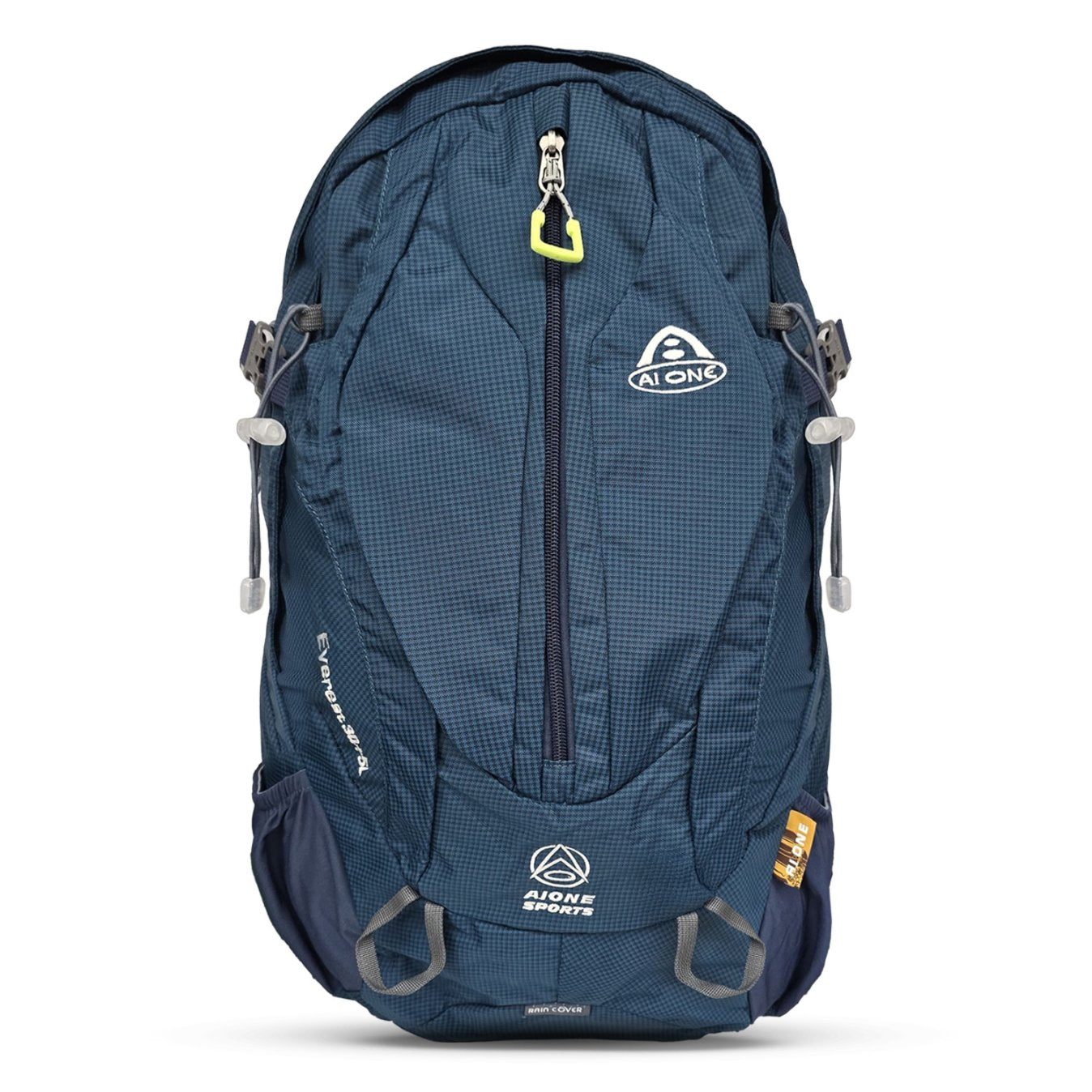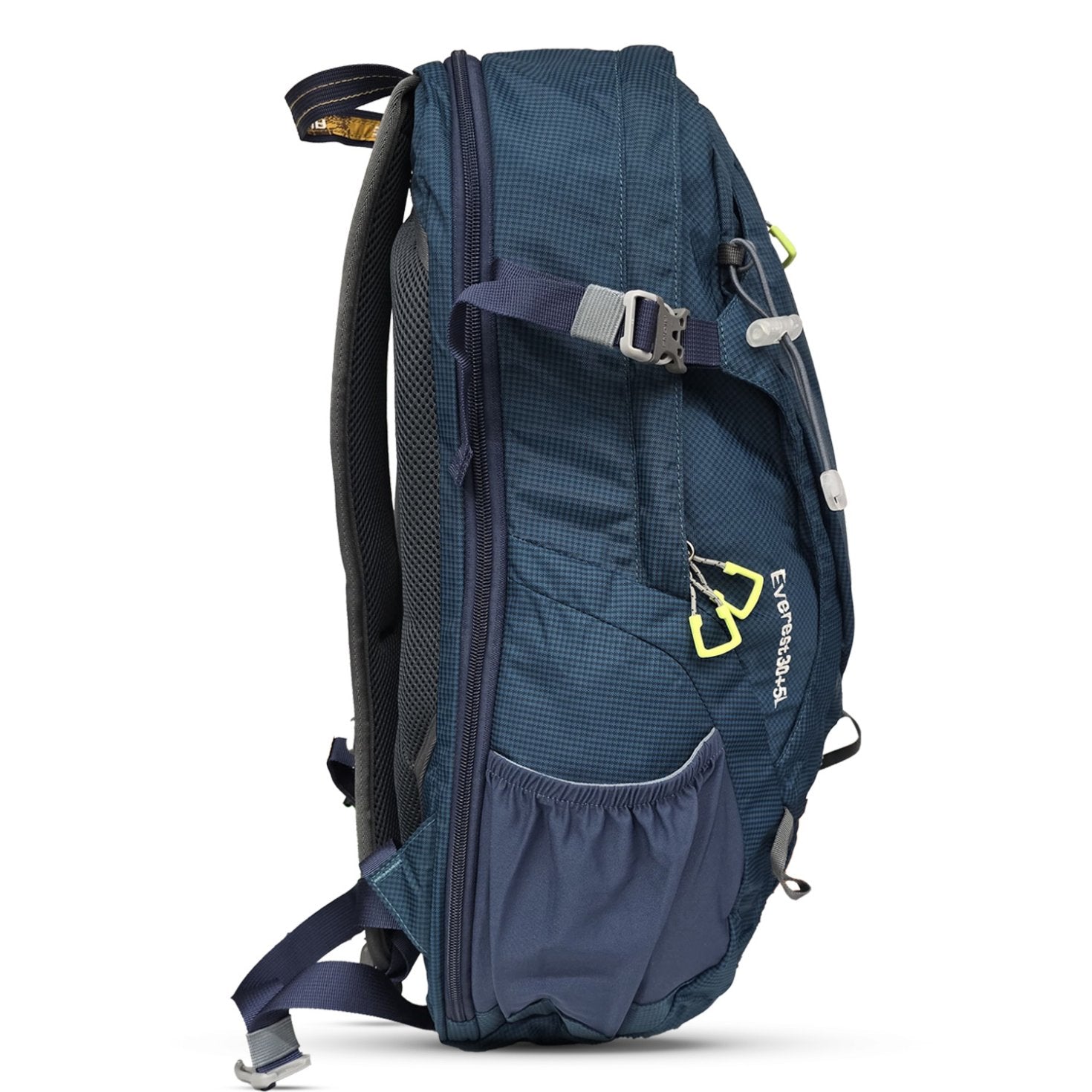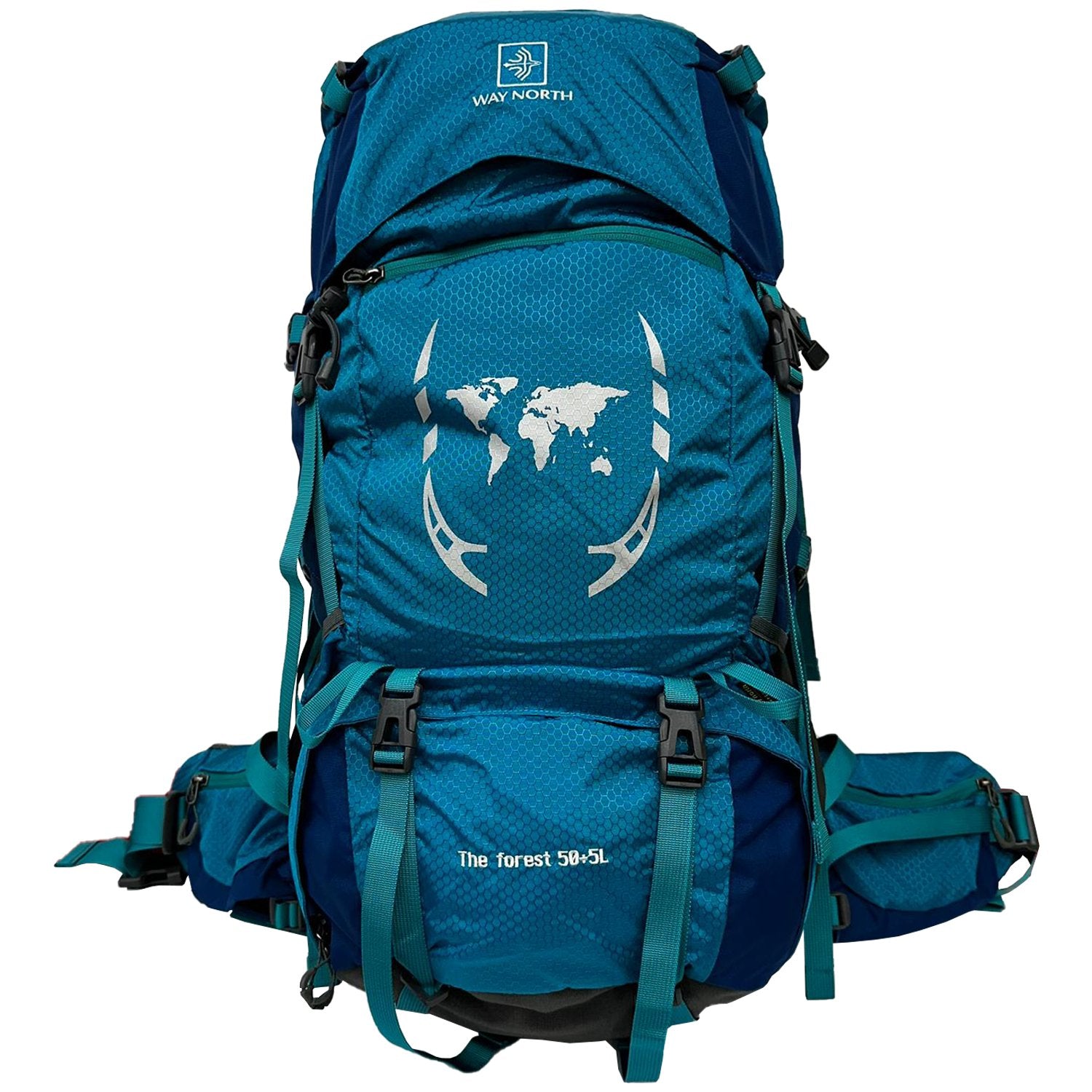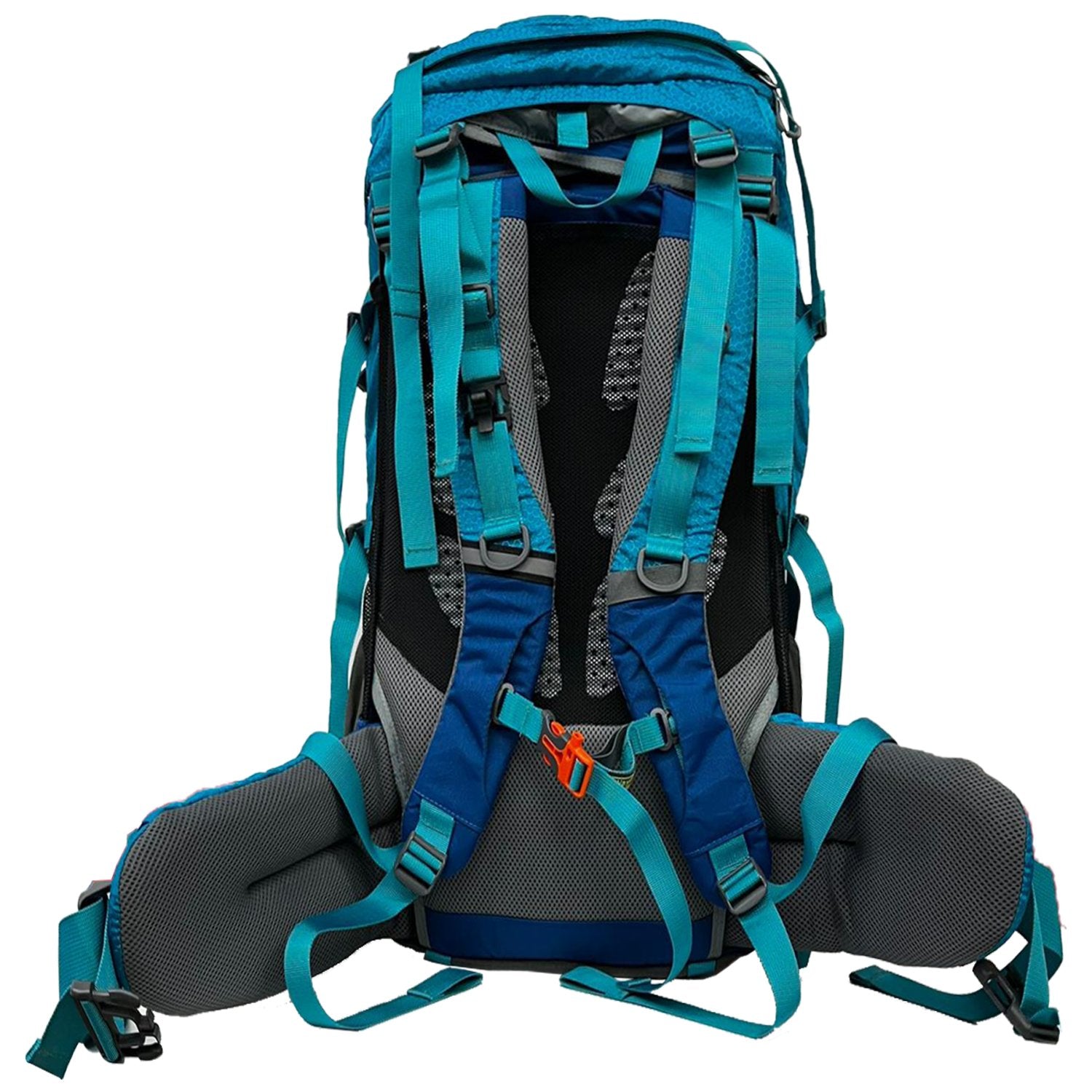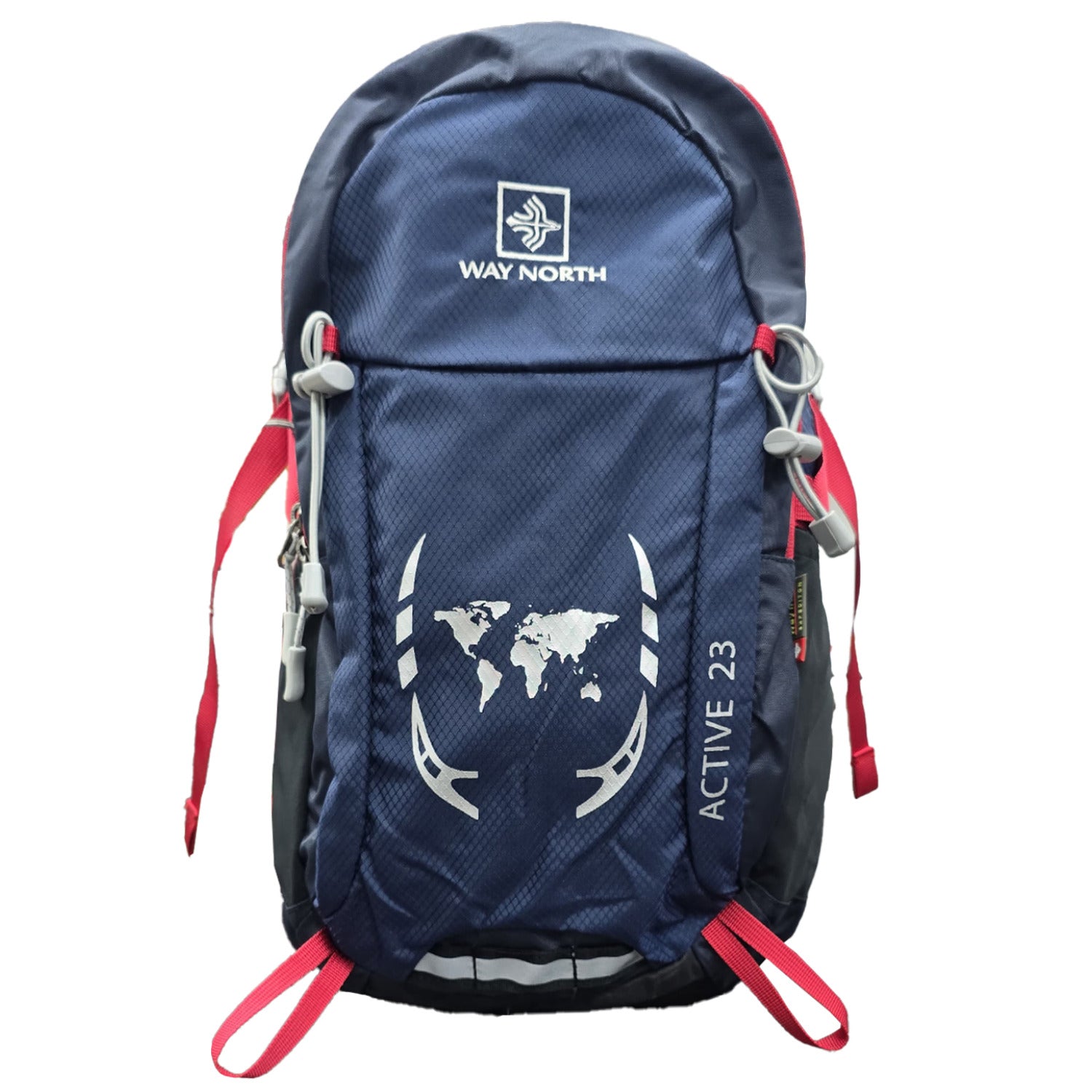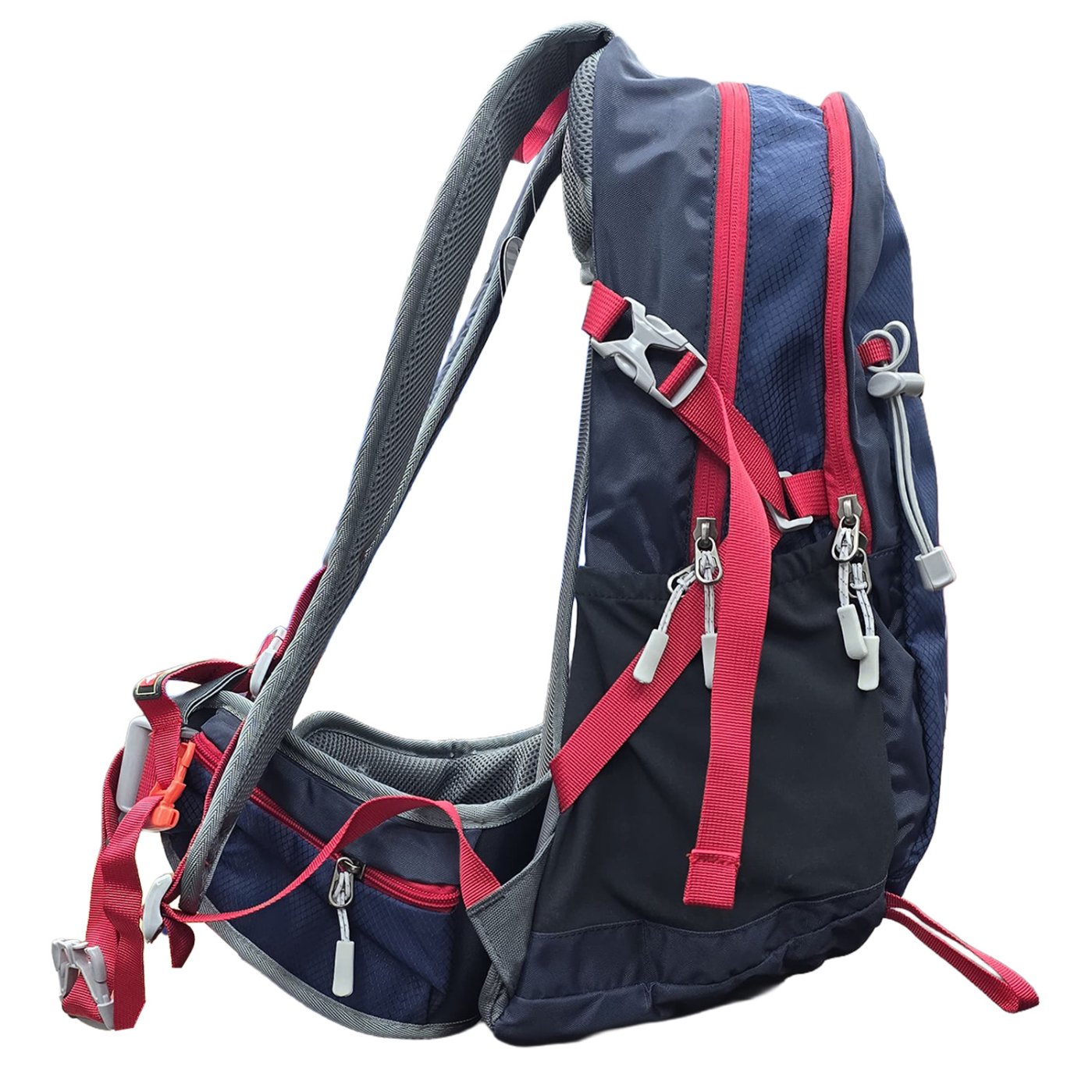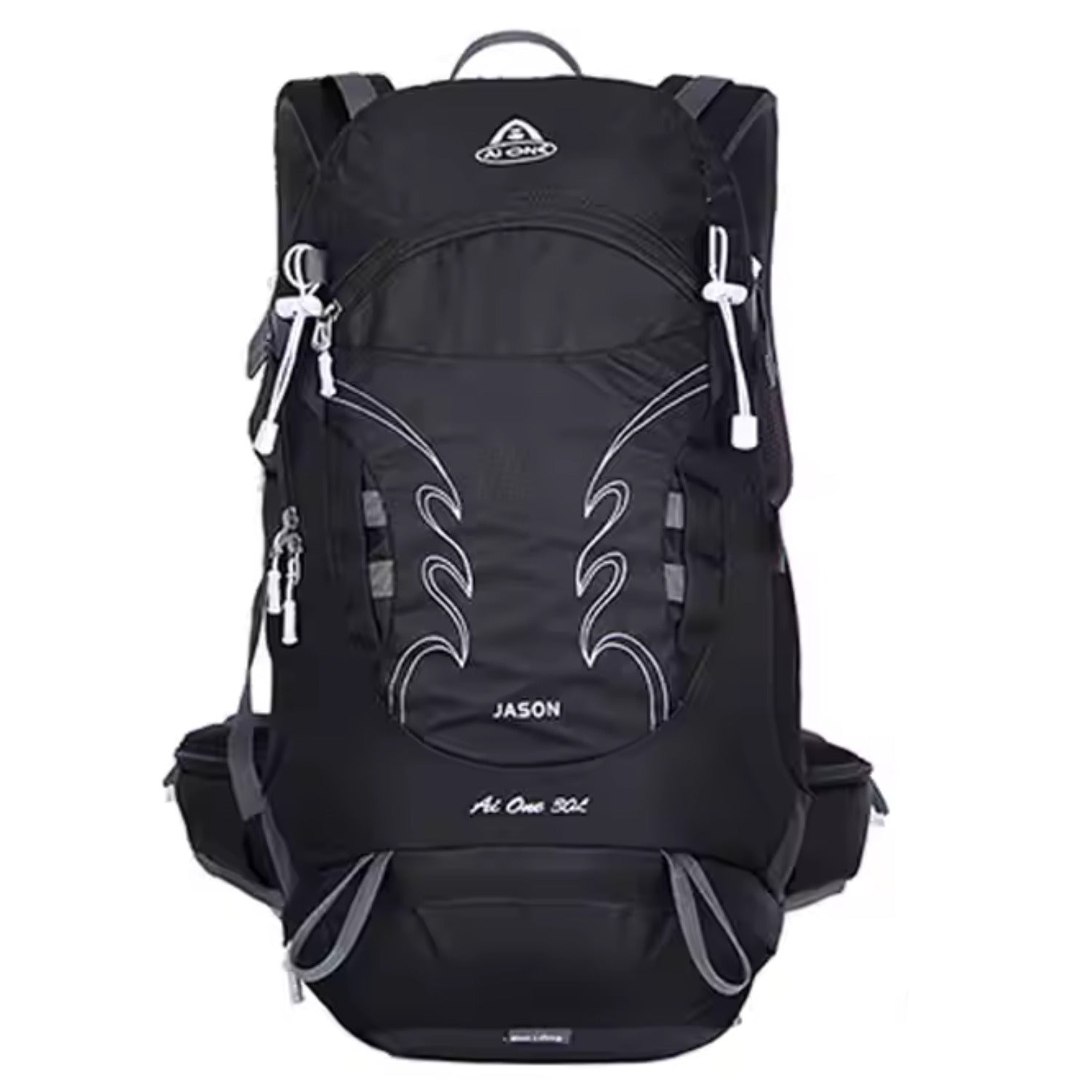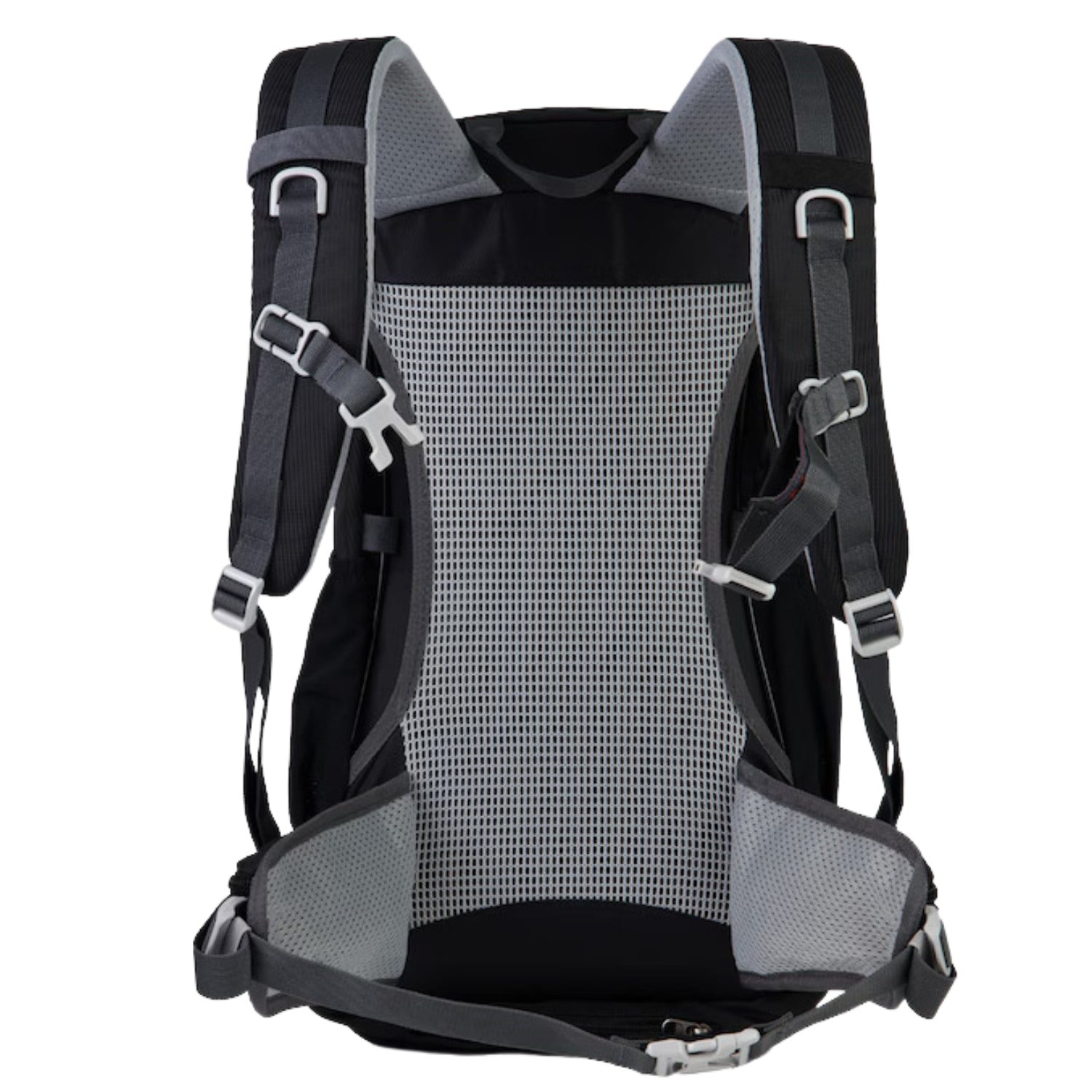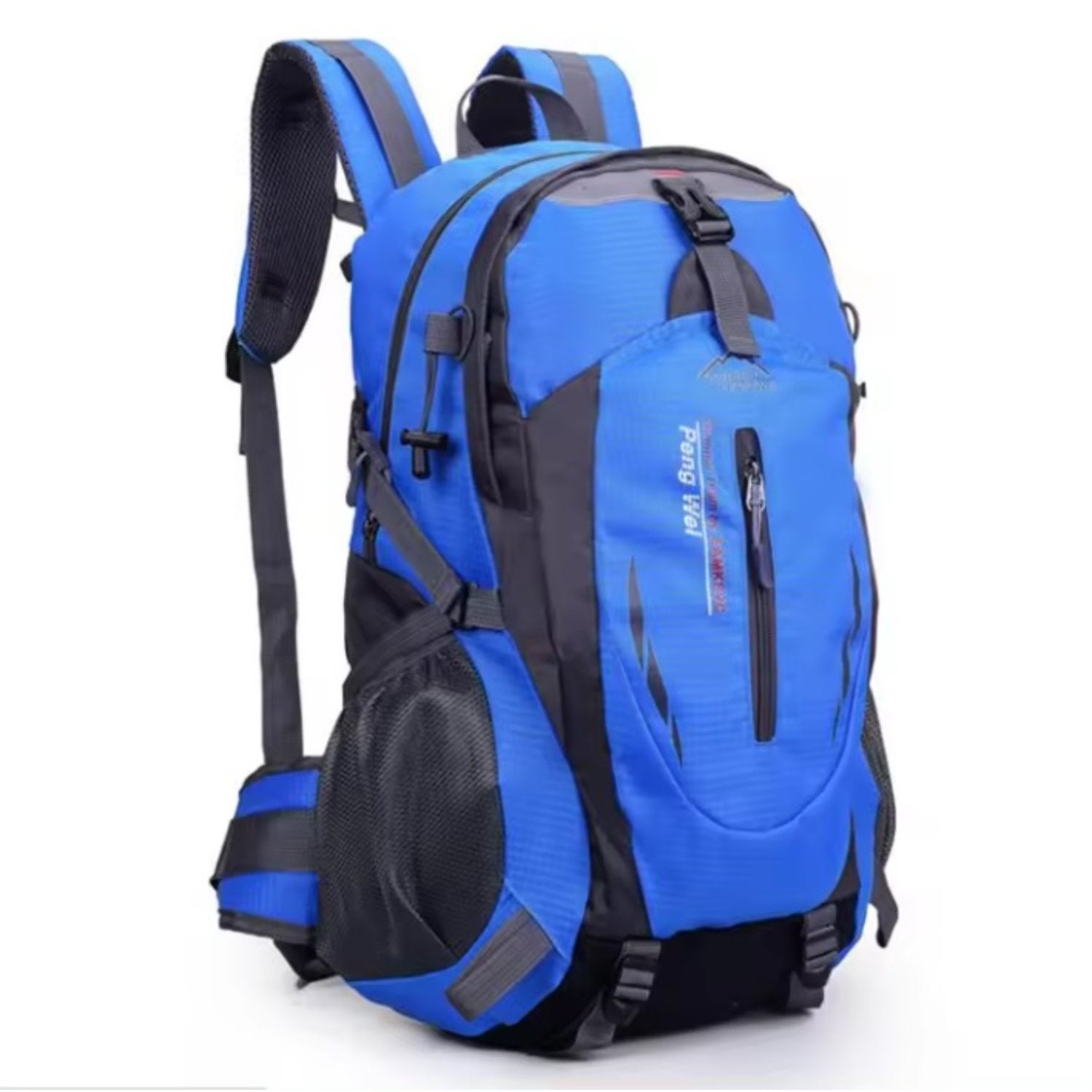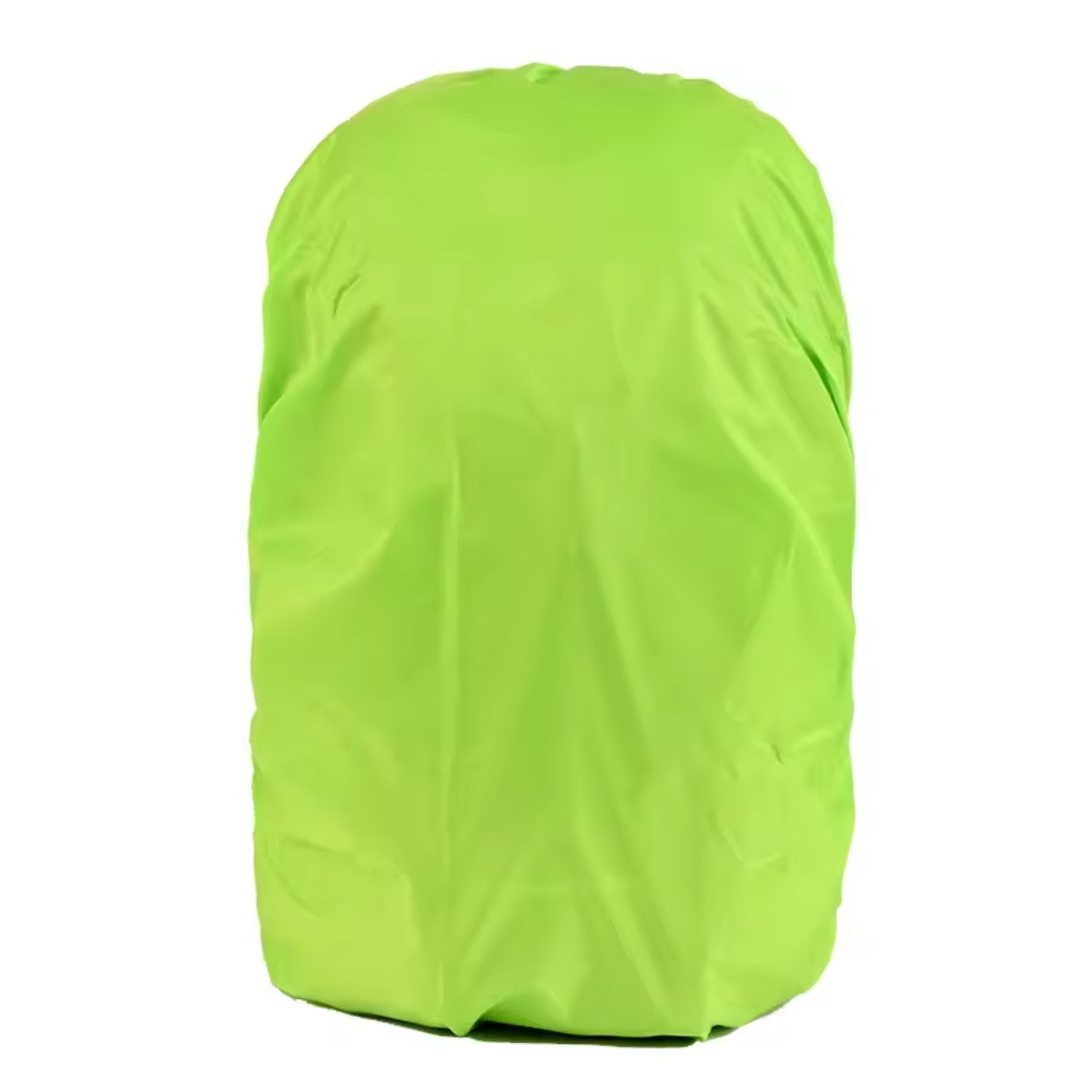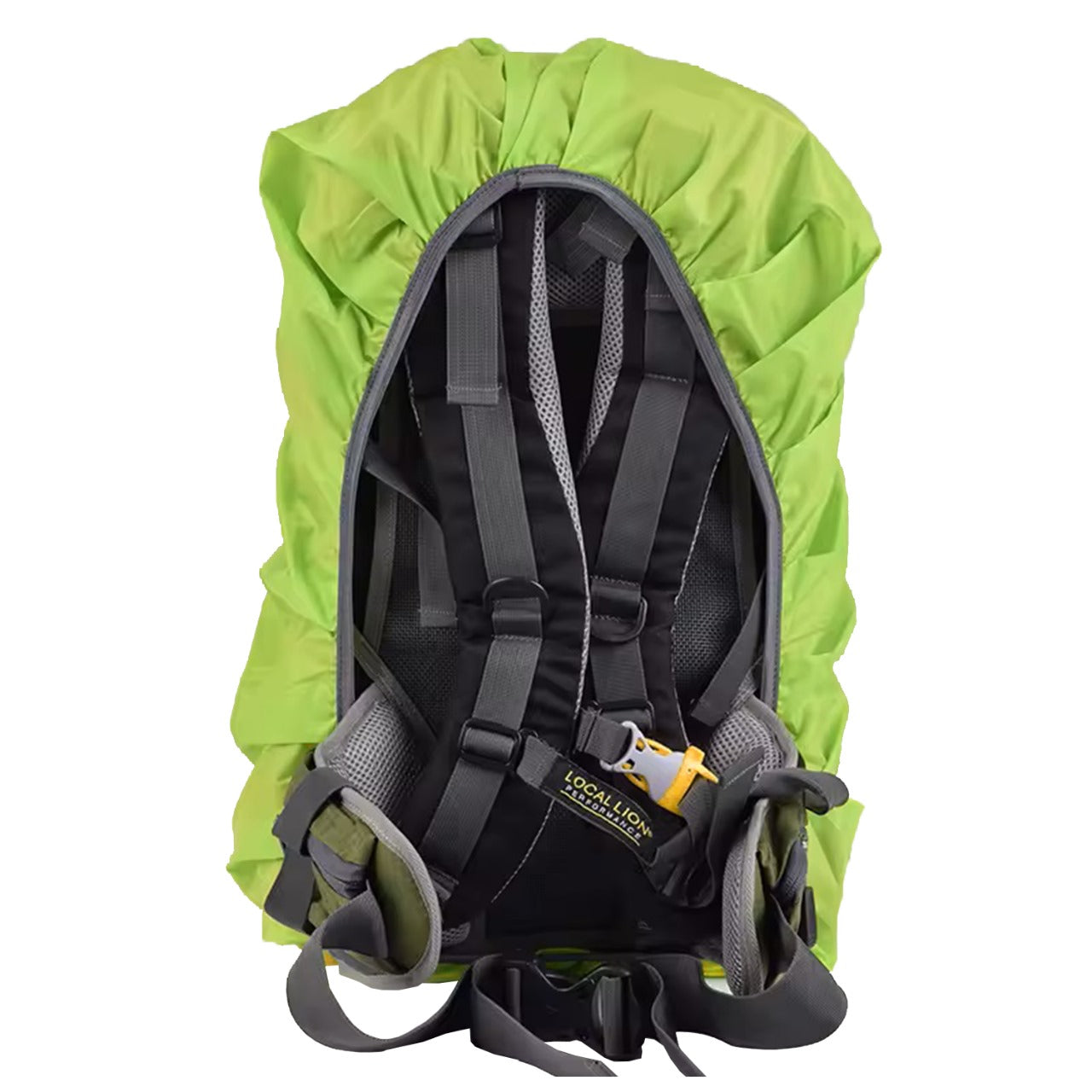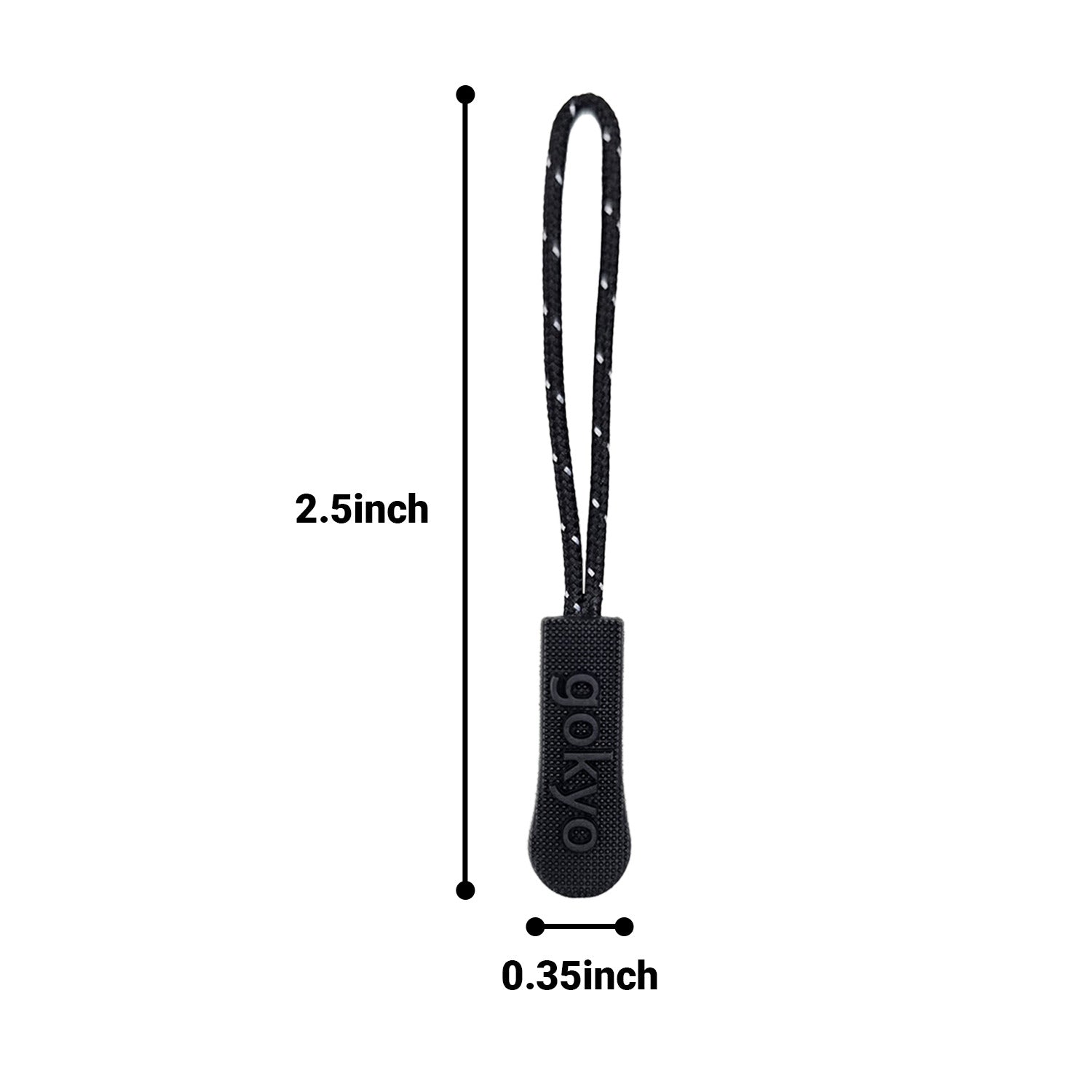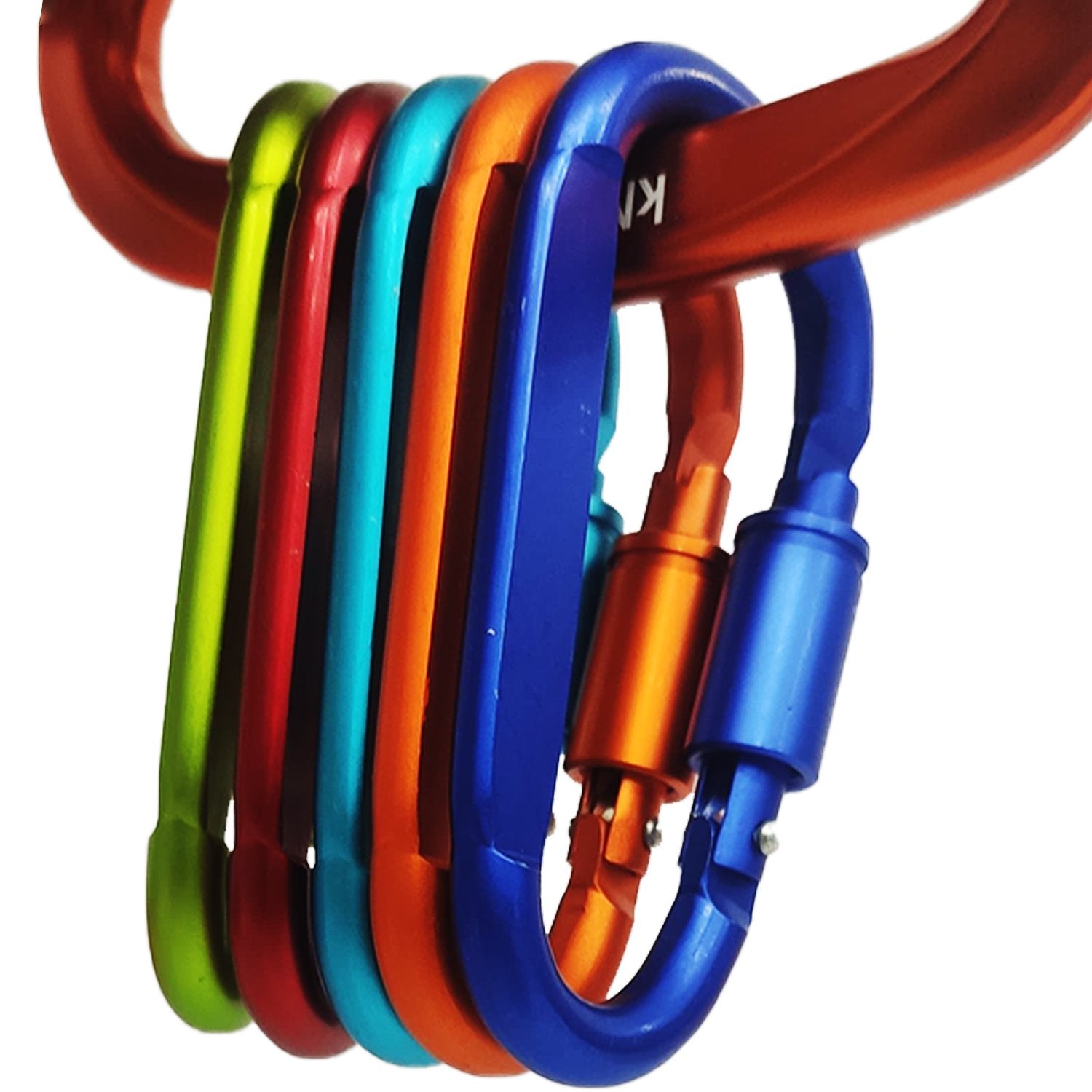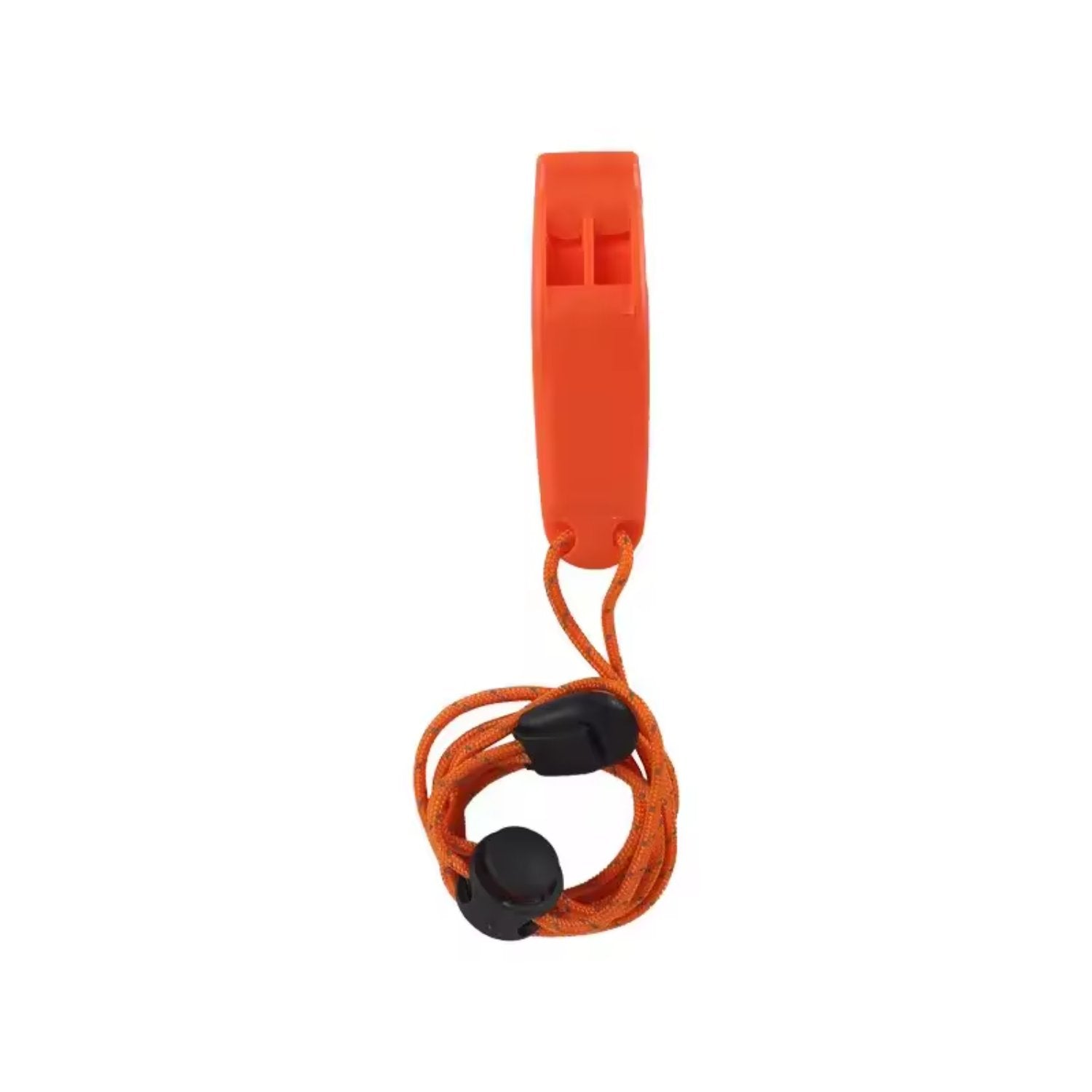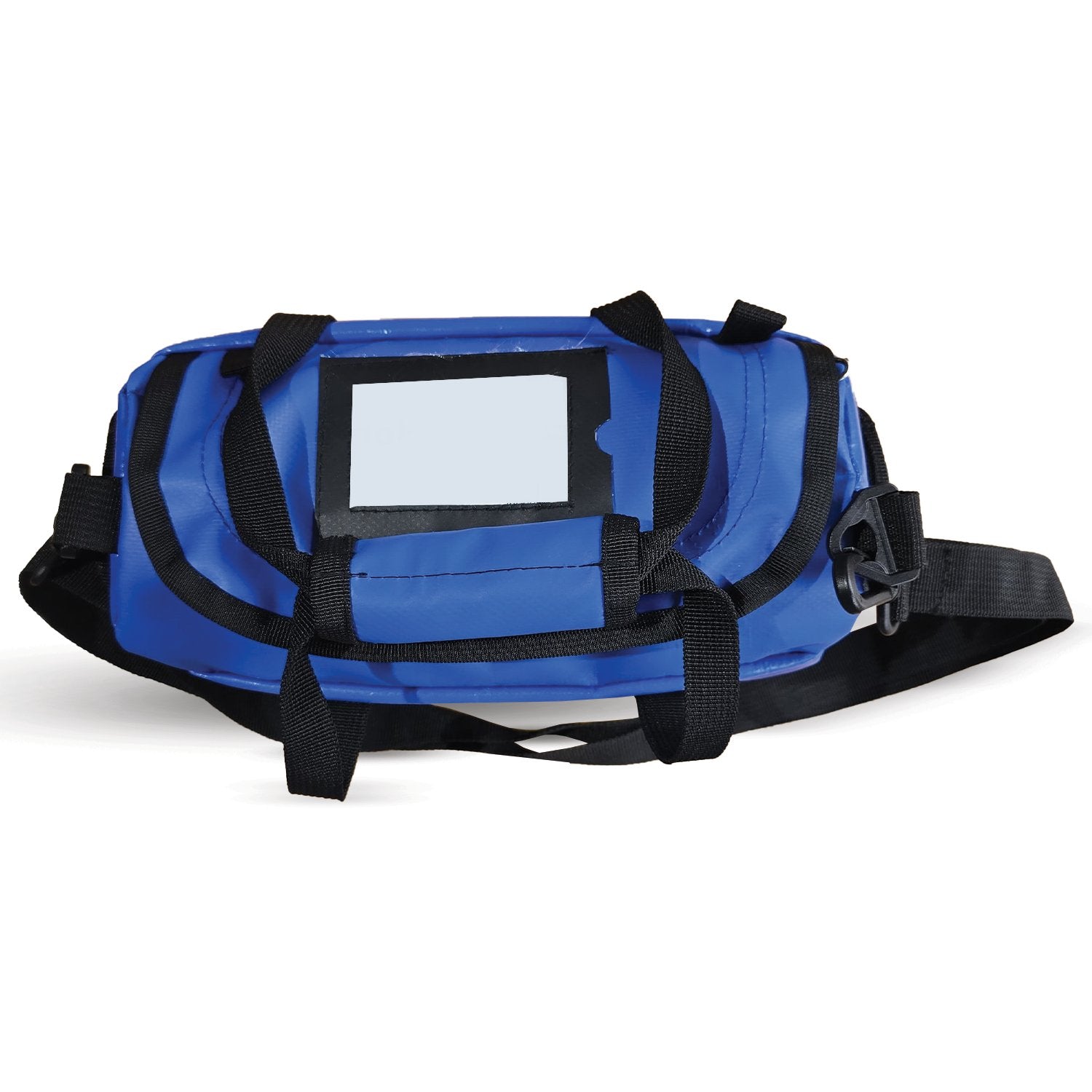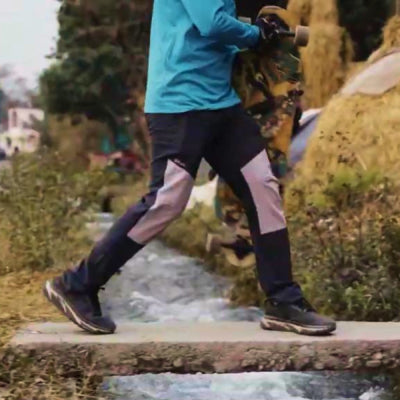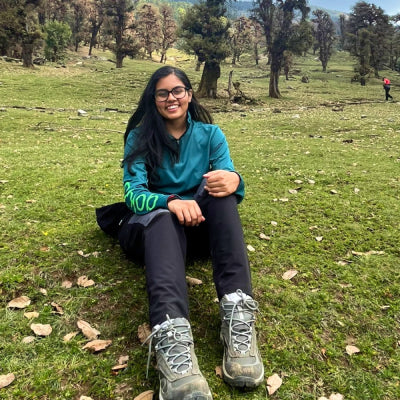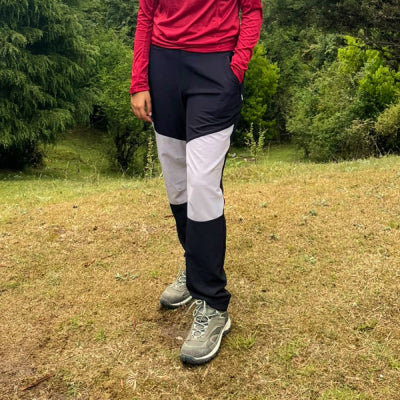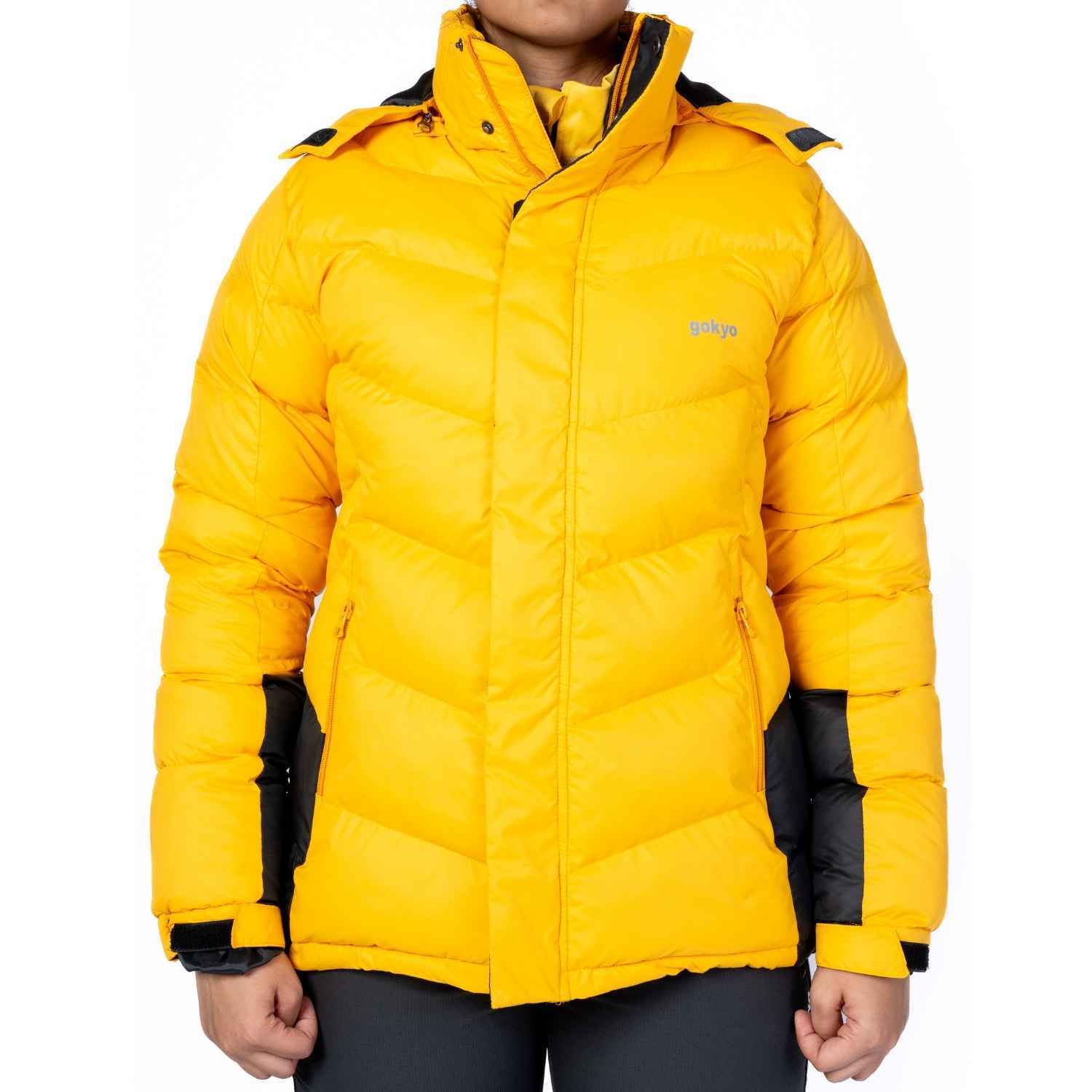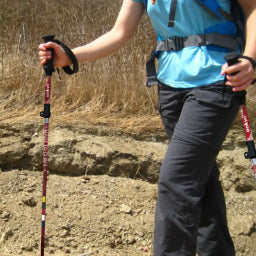Right clothing and gear are vital for treks and hikes. It can mean the difference between a nice little adventure and an unpleasant one. One of the most important things we have when hiking is our bags for hikin. Trekking bags are too loaded with unnecessary things and are mean to carry and adjust. It directly influences the health and posture of the global travelers. Whether you’re an experienced trekker or a casual hiker, knowing just how much a badly adjusted backpack can impact your body is essential to have a safe and fruitful hike.
1. The effect on posture and gait
Not packing your bag the right way can lead to a bad posture and alter the way you walk. A heavy or a light backpack is not at all suggested. Even a bag in which the weight is not evenly distributed is also harmful for you. The potential harm from an ill-fitted bags are,
- Hunched shoulders: If a bag does not fit your shoulder properly or is too high, it tends to make you lean forward to adjust the position and the weight. It can put strain on your lower back, neck, and shoulders.
- Imbalance gait: An ill-fitted bag can cause soreness, fatigue, and uneven strain on your neck, shoulders, and hips. Random distribution of weight can make you lean on one side.
This misalignment of your body can hinder your hiking experience. Challenging your endurance can make you prone to injury and harm. It can feel uncomfortable at times, leading to muscle fatigue.
2. Back pain or alignment misalignment
One of the major issues that an ill-fitting trekking backpack causes is back pain. Since the entire weight of the backpack may concentrate at the spine and cause excruciating pain, it is recommended to divide the weight evenly. A poorly adjusted backpack can cause
- Upper and lower backpain: If the straps of the bag are too tight or too loose, it can apply force on your shoulders and can pull it down, causing pain and strain on the lower back and upper back as well.
- Spinal stress: Affecting the natural curvature of the body, carrying heavy backpacks can lead to long-term posture issues and chronic pain.
Carrying weight is not very tough, but carrying uneven weight is difficult as well as harmful to the health. An ill-fitted backpack can lead to natural dysfunction and chronic pain. This can make it hard for you to enjoy hikes and treks in the future.
3. Shoulder and neck strain
The harm and damage an ill-fitted shoulder bag can cause is beyond our imagination. Impacting the back and spine, it can cause enough harm to shoulder and neck strain.
- Shoulder soreness: When trekking bags are heavy, they tend to dig deep into the shoulders, cutting off blood flow. This can lead to irritation and pain when carried for a very long time.
- Neck tension: A heavy backpack can pull on your shoulders and make you bend backward, causing stress on your neck. This can cause a spine injury as well.
An unevenly weighed backpack can make your shoulders work more than they need to during a hike, which can cause fatigue, pain, and strain. This can increase the chances of shoulder injuries.
Conclusion
An ill-fitting backpack has numerous drawbacks. Therefore, it is best to opt for a backpack that has all the features to accommodate everything you need without causing you any harm or injuries. Navigate the digital aisle of Gokyo and pick the one that you like the best.
Frequently Asked Questions (FAQs) :
1. How does an ill-fitting backpack affect my posture during a hike?
An ill-fitting backpack can cause poor posture by leading to hunched shoulders or an imbalance in your gait, making you lean forward or to one side, which stresses your neck, shoulders, and back.
2. Can an unevenly packed backpack lead to injuries?
Yes, unevenly distributed weight in a backpack can cause strain on your body, leading to muscle fatigue, soreness, and a higher risk of injury, especially on your back, neck, and shoulders.
3. What kind of back pain does a poorly fitted backpack cause?
A poorly fitted backpack can cause upper and lower back pain, spinal stress, and long-term posture issues due to pressure on your spine and the unnatural curvature of your body.
4. How does a heavy backpack impact my shoulders and neck?
A heavy backpack can dig into your shoulders, cutting off blood flow and causing shoulder soreness. It can also put strain on your neck by pulling your shoulders backward, leading to potential spinal injury and muscle tension.
5. What is the best way to prevent these health issues while hiking?
To prevent health issues, it’s important to pack your backpack properly and ensure weight is evenly distributed, and adjust the straps for comfort. Choosing a well-fitted, ergonomic trekking bag is key for reducing strain.
6. What type of backpacks should I use for hiking to avoid injury?
Opt for a trekking backpack that provides adjustable straps, proper weight distribution, and ample support to reduce the risk of discomfort, pain, and injury during hikes.










